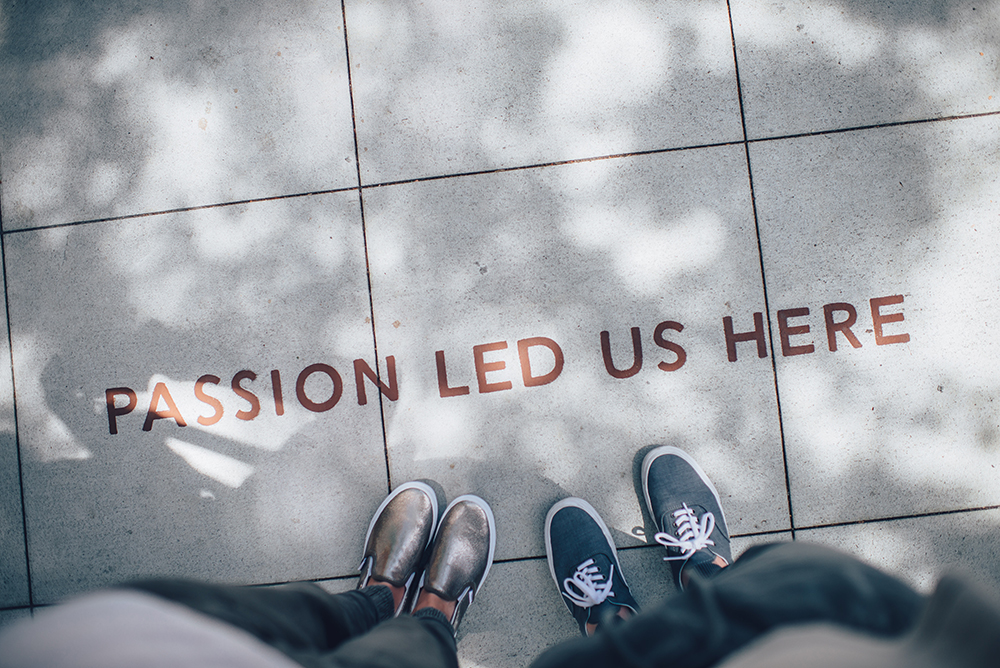The Institute of Nuclear Medicine and Allied Sciences (Inmas) in collaboration with Dr Reddys Laboratories, Hyderabad, developed an anti-Covid-19 therapeutic application of the drug 2-deoxy-D-glucose (2-DG). The third phase of the clinical trial results have shown that this molecule helps in faster recovery of hospitalised patients and reduces supplemental oxygen dependence. Higher proportion of patients treated with 2-DG showed RT-PCR negative conversion in patients infected with coronavirus.
Responding to Prime Minister Narendra Modis call for preparedness against the pandemic, the DRDO took the initiative of developing anti-Covid therapeutic application of 2-DG. In April 2020, when the first wave of pandemic struck India, scientists at DRDO’s laboratory, Inmas, conducted experiments with the help of Hyderabad-based Centre for Cellular and Molecular Biology (CCMB) and found that this molecule works effectively against SARS-CoV-2 virus and inhibits the viral growth. Based on these results, Drugs Controller General of Indias (DCGI) Central Drugs Standard Control Organisation (CDSCO) permitted Phase-II clinical trial of 2-DG in Covid-19 patients in May 2020.
DRDO along with its industry partner Dr Reddys Laboratories started the clinical trials to test the safety and efficacy of the drug in Covid-19 patients.
“In Phase-II trials (including dose ranging) conducted between May and October 2020, the drug was found to be safe in Covid-19 patients, and showed significant improvement in their recovery. Phase IIa was conducted in 6 hospitals and Phase IIb (dose ranging) clinical trial was conducted at 11 hospitals all over the country. Phase-II trial was conducted on 110 patients. In efficacy trends, the patients treated with 2-DG showed faster symptomatic cure than Standard of Care (SoC) on various endpoints. A significantly favourable trend (2.5 days difference) was seen in terms of the median time to achieving normalization of specific vital signs parameters when compared to SOC,” a top DRDO official said on Saturday.
The official further said that based on successful results, the DCGI then permitted the phase III of clinical trials in November 2020. It was conducted on 220 patients between December 2020 and March 2021 at 27 Covid-19 hospitals across Delhi, Uttar Pradesh, West Bengal, Gujarat, Rajasthan, Maharashtra, Andhra Pradesh, Telangana, Karnataka and Tamil Nadu.
“The detailed data of phase-III clinical trial was presented to DCGI. In 2-DG arm significantly higher proportion of patients improved symptomatically and became free from supplemental oxygen dependence (42% vs 31%) by Day-3 in comparison to SOC, indicating an early relief from Oxygen therapy/dependence. The similar trend was observed in patients more than 65 years also,” the DRDO official said.
The DCGI had on May 1 granted permission for emergency use of the drug as adjunct therapy in moderate to severe Covid-19 patients. Being a generic molecule and analogue of glucose, it can be easily produced and made available in plenty in the country, the DRDO said.
The drug comes in sachet in the form of powder which is taken orally by dissolving it in water. It accumulates in the virus-infected cells and prevents virus growth by stopping viral synthesis and energy production. The selective accumulation in virally infected cells makes this drug unique.
At a time when the second wave of the coronavirus pandemic hammers the country and a large number of patients are requiring severe oxygen dependency and hospitalisation, the drug is expected to save precious lives due to the mechanism of operation of the drug in infected cells. This also reduces the hospital stay of Covid-19 patients and burden on health infrastructure of the country.
The oral drug has been developed by Institute of Nuclear Medicine and Allied Sciences, a lab of DRDO, in collaboration with Dr Reddy’s Laboratories, Hyderabad. Phase III clinical trial results have shown that this molecule helps in faster recovery of hospital…

